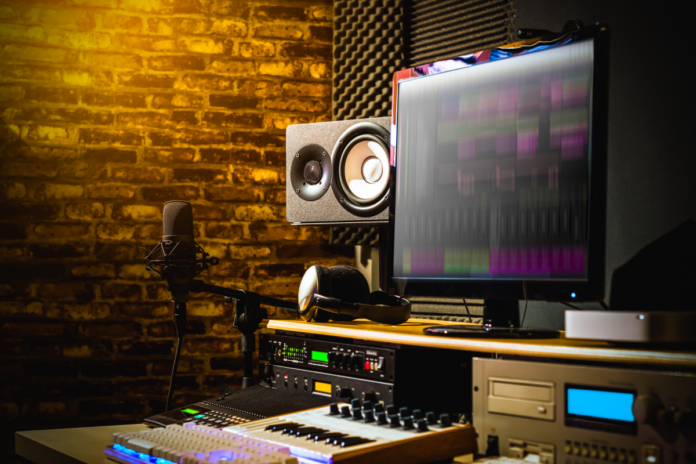By: Nick Gambino
AI at its best is used to enhance productivity and assist in carrying out tasks. In that spirit, Adobe has just introduced a new AI tool that allows users to edit music and audio simply by feeding the AI bot text prompts.
Unveiled at the Hot Pod Summit in Brooklyn this week, the Project Music GenAI Control tool essentially allows non-professionals to edit audio by telling the AI to do it for them. This is similar to how ChatGPT can write articles, essays and short stories simply by being told to.
What’s not clear, as of now, is whether you will be able to edit your own audio or only the audio available through Project Music GenAI Control. The demo version only uses public domain music.
The user simply enters a text prompt indicating the type of music they want to hear and edit. This could be “poppy summer music” or “90s New York rap.” From there you can instruct the AI chatbot to edit things like intensity, tempo, repeating patterns or even the way it’s structured.
This is an easy way to create an “original” instrumental for use in a YouTube video. Call up a fitting piece of music, instruct the AI to kick it up a notch and play it on a loop and voila. You can have your own intro music unique only to your channel in a matter of minutes.
Adobe has made it clear that Project Music GenAI Control is still in the research stage and has a long way to go before it’s ready to release to the public.
“So this really gets the idea of, AI is generating music with you in the director’s seat and there’s a bunch of things you can do with it,” Gautham Mysore, Head of Audio and Video AI Research at Adobe said about the in-progress tool. “[It’s] generating music, but it’s giving you these various forms of control so you can try things out. You don’t have to be a composer, but you can get your musical ideas out there.”
There’s little doubt that this will eventually be released for all to use. And I’m also positive that it will be a sore point for professional audio editors. It’s already happening across multiple industries with the ever-expanding reach of AI. We have to brace ourselves.










